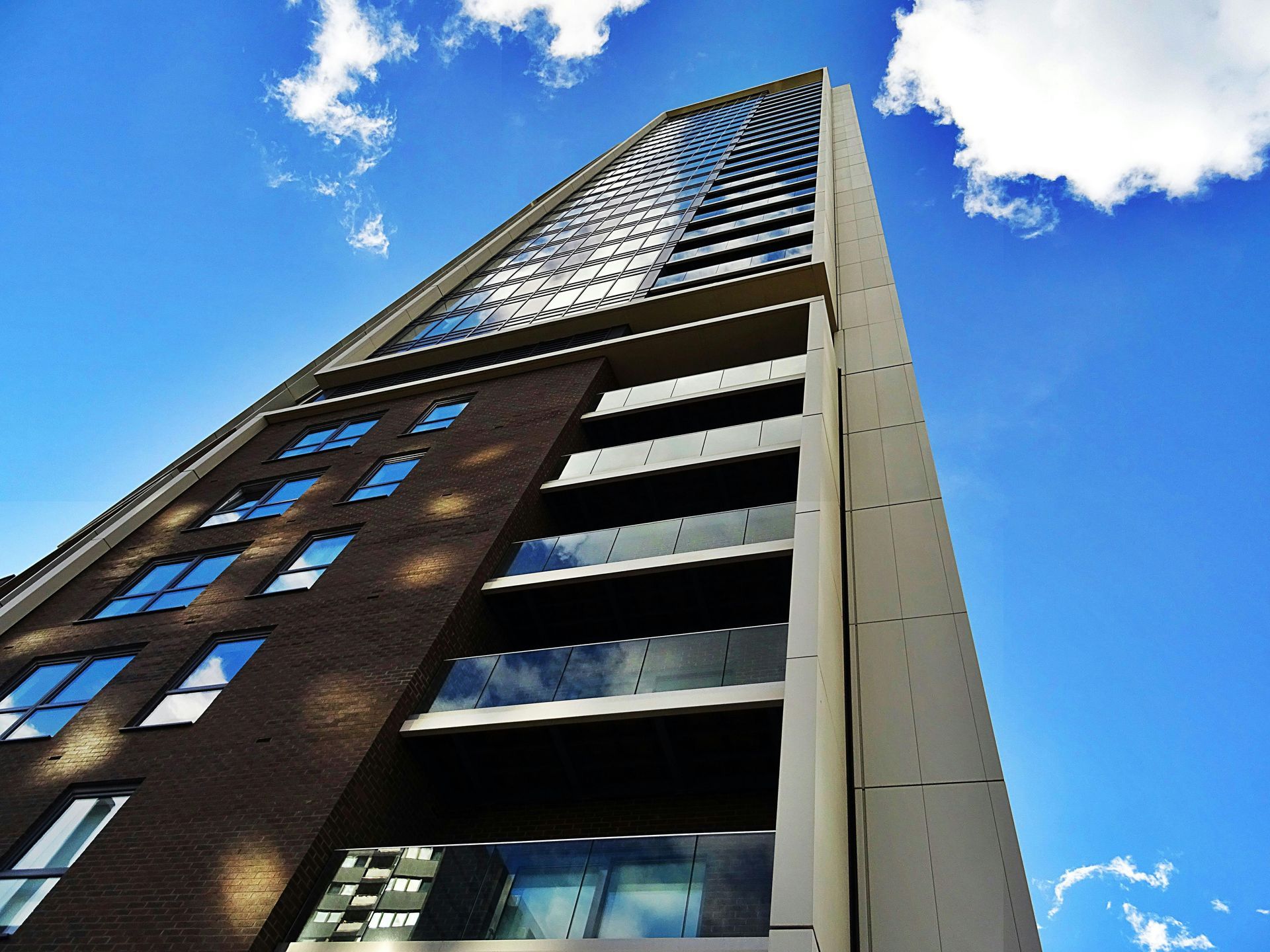Key Factors to Consider When Choosing CRE
Choosing the right commercial real estate (CRE) property is a significant decision that can profoundly impact your business or investment portfolio.

Whether you're looking for office space, retail properties, industrial warehouses, or other CRE options, it's essential to consider several key factors to make an informed choice.
Location
Location is often the most crucial factor in CRE decision-making. Consider the following aspects:
- Proximity to your target market or customer base
- Accessibility via major roads, highways, and public transportation
- Demographics of the surrounding area
- Competition and neighboring businesses
- Zoning regulations and land use restrictions
The right location can enhance your visibility, customer traffic, and overall success.
Property Type
The type of CRE property you choose should align with your business needs or investment goals. Common CRE property types include:
- Office buildings
- Retail spaces
- Industrial warehouses
- Multifamily properties
- Specialized properties (e.g., hotels, healthcare facilities)
Evaluate which property type suits your industry, operational requirements, and long-term objectives.
Size and Space Requirements
Determine the size and space requirements for your business or investment. Consider factors such as square footage, layout, and any specific features or amenities needed. A thorough understanding of your space requirements ensures that the property meets your needs.
Budget and Financial Considerations
Establish a clear budget for your CRE property search. Account for not only the purchase or lease price but also ongoing costs like property taxes, insurance, maintenance, and utilities. Ensure that the property aligns with your financial capacity and return-on-investment expectations.
Condition of the Property
Inspect the condition of the property thoroughly. If necessary, hire a professional inspector to identify any maintenance or repair issues. Assess the property's age, structural integrity, and compliance with building codes.
Lease Terms and Agreements
If you're considering leasing CRE space, review the lease terms carefully. Understand aspects like rental rates, escalations, lease duration, tenant improvement allowances, and any common area maintenance (CAM) fees. Negotiate terms that align with your financial objectives.
Growth and Expansion Potential
Consider the potential for growth and expansion within the property. Evaluate whether the space can accommodate your future needs, whether it's additional square footage, parking spaces, or amenities.
Market Analysis
Conduct a market analysis to understand current market conditions, including vacancy rates, rental rates, and trends in your chosen location. Market insights can help you make informed decisions and identify favorable opportunities.
Infrastructure and Amenities
Assess the infrastructure and amenities available in and around the property. Consider factors such as parking facilities, accessibility for people with disabilities, security systems, and technology infrastructure.
Legal and Regulatory Compliance
Ensure that the property complies with all legal and regulatory requirements. This includes zoning regulations, building permits, environmental assessments, and any other local or federal regulations that may apply to your industry or property type.
Professional Guidance
Seek professional guidance from commercial real estate agents, brokers, attorneys, and financial advisors. Their expertise can provide valuable insights, protect your interests, and streamline the decision-making process.
Choosing the right CRE property is a multifaceted process that demands careful consideration of numerous factors. By assessing location, property type, size, budget, condition, lease terms, growth potential, market conditions, infrastructure, legal compliance, and seeking professional guidance, you can make an informed decision that aligns with your business goals or investment strategy.











